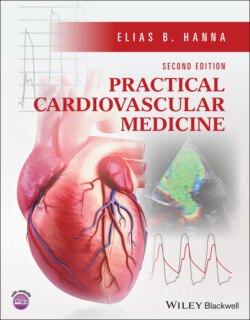Читать книгу Practical Cardiovascular Medicine - Elias B. Hanna - Страница 58
Appendix 7. Harmful effects of NSAIDs and cyclooxygenase-2 inhibitors in CAD
ОглавлениеThere are two types of cyclooxygenases (COX): COX-1 and COX-2. COX-1, found in the normal epithelium and in platelets, is responsible for the homeostatic prostaglandins but also for the generation of thromboxane A2 and platelet activation. Conversely, COX-2, found in inflammatory cells, generates inflammatory prostanoids but also the protective prostacyclin (vasodilatory and antiplatelet effects). The low aspirin dose predominantly inhibits COX-1 with less effect on COX-2.
NSAIDs are harmful in several ways: (i) NSAIDs bind to COX-1, the site of action of aspirin, yet, as opposed to aspirin, they bind in a reversible manner and do not have a sustained antiplatelet effect; (ii) NSAIDs inhibit COX-2 and thus, prostacyclin production. Predominant or selective COX- 2 inhibitors are potentially worse from a platelet standpoint, as they block prostacyclin without any reduction of COX-1’s thromboxane and are more detrimental to the prostacyclin–thromboxane balance.
Moreover, if aspirin is administered after NSAID, the COX-1 site will be blocked by the NSAID, which prevents aspirin from binding to it; since the plasma half-life of aspirin is only 20 minutes, aspirin will be eliminated before it gets an opportunity to act.
